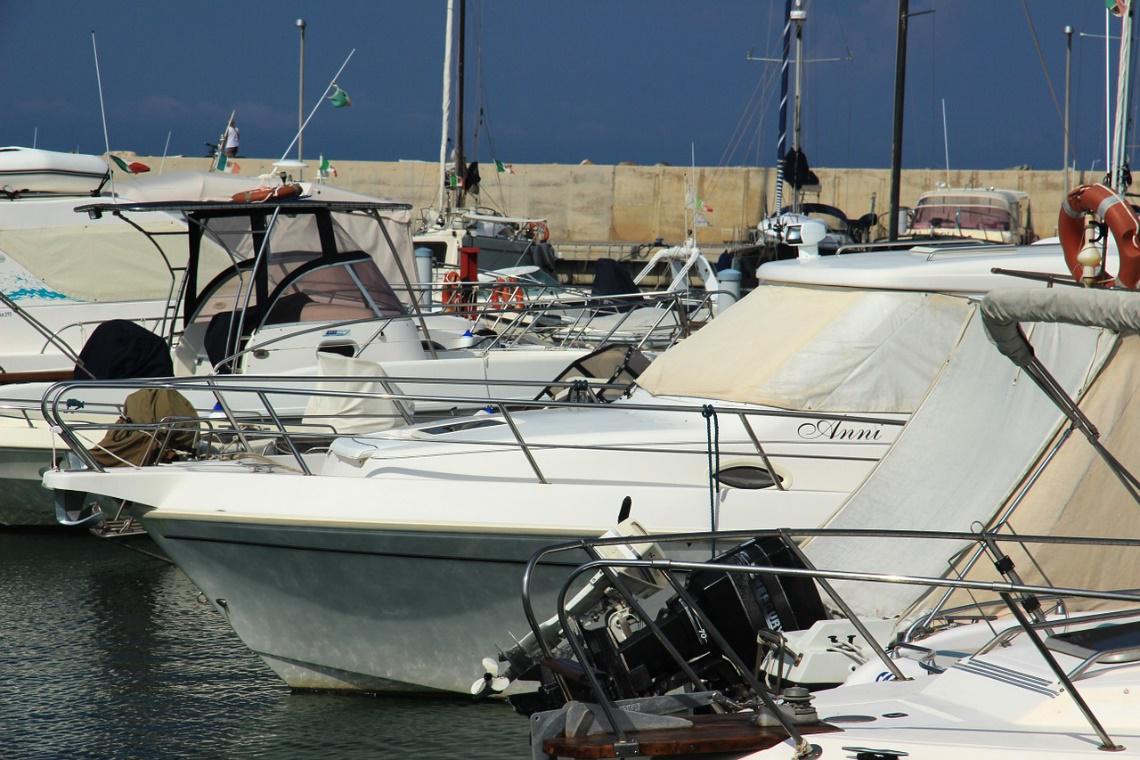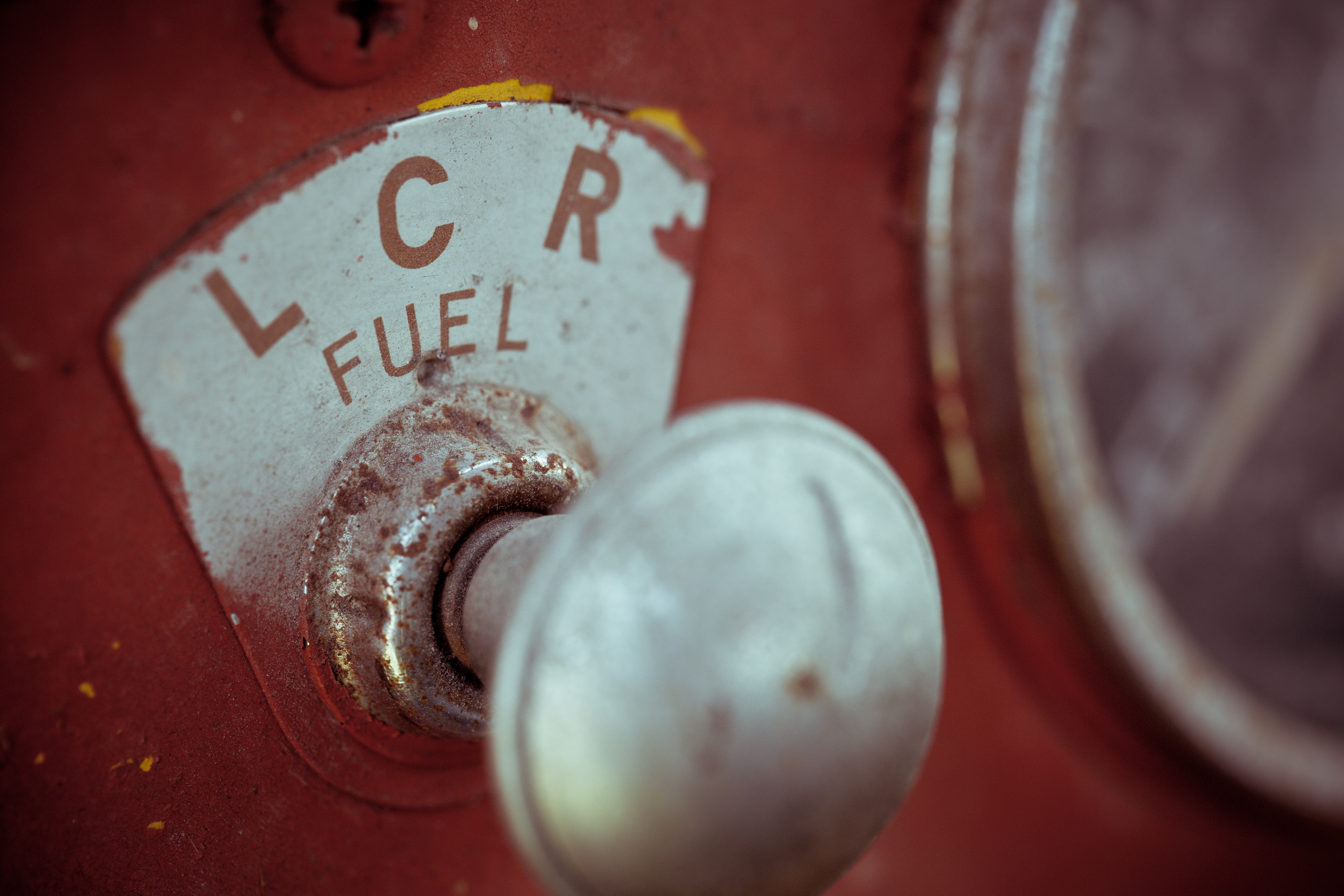 Any boat owner knows that boat safety is of the utmost importance. However, it can be easy for an inexperienced boat owner to think that boat safety is limited to things you can see, such as life vests, first aid kits, and emergency flairs. The reality is that safety on a boat also depends on a lot of general boat maintenance. Part of that involves doing fuel system maintenance on your vessel regularly.
Any boat owner knows that boat safety is of the utmost importance. However, it can be easy for an inexperienced boat owner to think that boat safety is limited to things you can see, such as life vests, first aid kits, and emergency flairs. The reality is that safety on a boat also depends on a lot of general boat maintenance. Part of that involves doing fuel system maintenance on your vessel regularly.
Fuel System Safety for Practical Purposes
One good reason to perform regular fuel system maintenance is for practical purposes. The problem with the fuel system on a boat is that water can easily get into your fuel lines and fuel tank. It only takes a little bit of water content (less than 1%) for the efficiency of your fuel system to be compromised. That can cause anything from unusual noises to a loosening of debris in your engine, which can then get stuck in the lines that go from the boat engine to the rest of the boat.
If the ratio of water to fuel gets too high, your boat might not start up when you need it to at all. No boat owner wants to be unable to take their boat out when they have an outing planned, or worse yet be stranded on the water in the middle of that outing. That’s why you should never go out without making sure your engine is in proper working order.
Fuel System Safety for Legal Purposes
Another reason to maintain your fuel system regularly is for legal purposes. There are laws on the books on both a state and federal level that govern boats. Those include laws about boat engine maintenance, which are designed to protect the environment by reducing boat emissions. Think of it a bit like the laws that require people to get their cars inspected annually. It’s the same general concept.
General Fuel Tank and Fuel System Maintenance Tips
There are a number of things you can do to keep both your fuel tank itself and your entire fuel system running in tip top shape. The first step is to use clean fuel. Some fuel suppliers don’t filter their fuel properly. One way to easily check your fuel and protect your boat engine is to simply put some fuel in a glass container and watch what happens to it. If you see sediment in the bottom after a few minutes, the fuel is not clean enough to use in your boat.
Another thing you can do to keep your fuel tank in good shape is to simply clean it out regularly and also treat it with special products, known as biocides, to prevent algae growth. Also, be sure to check for sediment on the bottom of your tank at least once a year.
You can also protect the fuel system on your boat by checking the fuel lines and the seals regularly. Make sure that o-rings and gaskets don’t need to be replaced, and check to see that lines do not have any leaks.
Study Other Forms of Fuel System Safety
of Fuel System Safety
Keep in mind that these are only basic tips for fuel system maintenance and safety. You should familiarize yourself completely with how your fuel system works, your local and state fuel system laws, and current best fuel system and boat maintenance procedures. Don’t take your boat out on the water until you do, and don’t forget that there are similar procedures required to winterize your boat’s fuel system before storing it away. Following all of those steps will give you the best odds of keeping you and your boat safe. Not only that but maintaining your boat and fuel system in the best possible way can increase the lifespan of your boat, saving you repair or replacement money in the long run.

